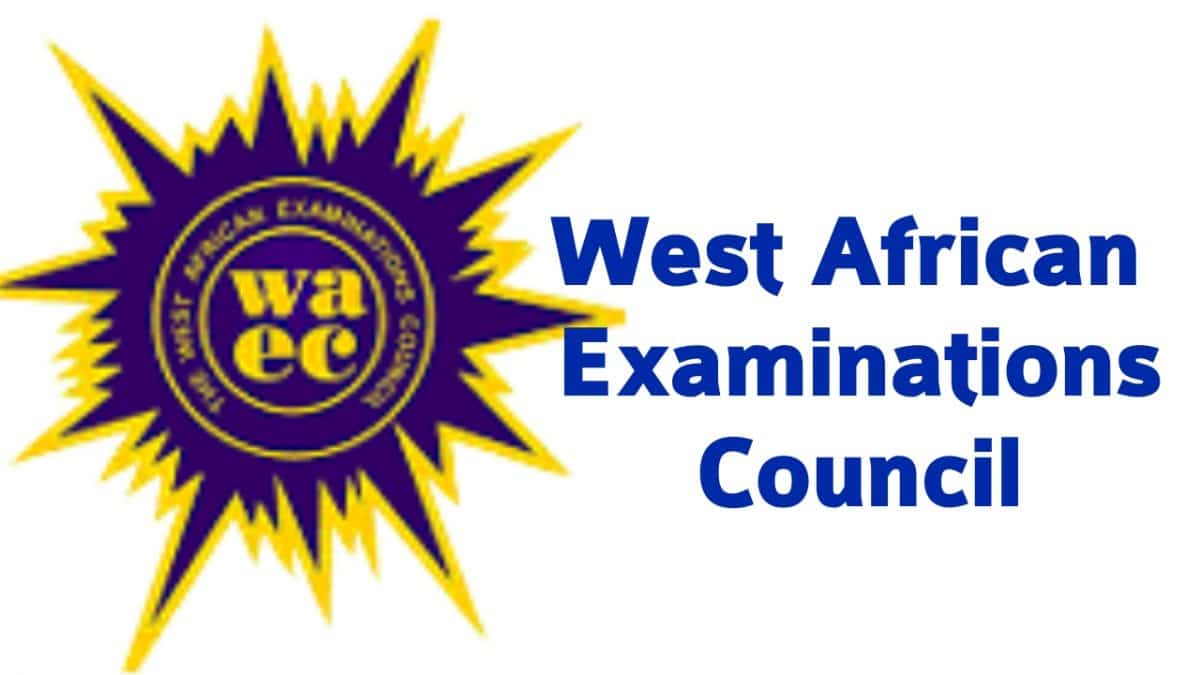

The new age limit for WASSCE will harm Nigeria’s education system
In a move that threatens to stymie the academic ambitions of countless young Nigerians, Professor Tahir Mamman, the Minister of Education, recently announced a significant policy shift. Effective from 2025, no Nigerian child under the age of 18 will be permitted to sit for the West African Secondary School Certificate Examination (WASSCE).
Recall that the Ministry of Education had initially set 18 as the minimum age for university admission, but candidates applying for the 2024 cycle are still permitted to be as young as 16.
This temporary exemption underscores the inconsistency in the ministry’s approach to educational age requirements.
According to Mamman, the policy aligns with the 6-3-3-4 education system, where a child starts primary school at age six, spends six years in primary education, followed by six years in secondary education. By the end of this period, a student is expected to be 18 and adequately prepared for tertiary education.
However, this policy fails to address the fundamental issues plaguing Nigeria’s education sector. It is deeply concerning that the government has chosen to implement a policy that will likely hamper the career paths of young people, rather than tackle the root causes of the sector’s problems.
Historically, the government has abdicated its responsibilities towards public education, allowing private operators with profit-driven motives to fill the void.
This shift has resulted in severe underfunding of public schools, leading to dilapidated infrastructure and the demoralization of educational staff. Teachers, who are critical to the success of any education system, often face delayed salaries and inadequate support, making their already challenging roles even more difficult.
Instead of imposing restrictive age limits on examinations, the government should focus on revitalising public education, ensuring fair treatment of educators, and investing in infrastructure. It is only through addressing these core issues that we can hope to truly enhance the quality of education and provide meaningful opportunities for the youth of Nigeria.
In an environment where public school teachers are forced to transform their classrooms into makeshift shops to survive, the new policy banning children under 18 from sitting for the West African Secondary School Certificate Examination (WASSCE) only exacerbates the crisis.
Teachers, struggling with meager salaries and inadequate resources, often divert their attention from teaching to engaging in commercial activities within the school premises. This shift not only undermines the quality of education but also compels students to pay extortionate fees for lessons that primarily benefit the teachers’ financial interests.
The politicisation of education has led to the appointment of unqualified personnel as educators, further degrading the quality of teaching. The prevailing sentiment—”if all else fails, go teach”—disregards the essential qualifications and training needed for effective education.
We are deeply concerned that this poorly conceived policy will further impede the educational progress of underprivileged children. It is apparent that policymakers, whose children often attend elite schools abroad, do not experience the challenges faced by those in Nigeria’s public education system.
These elite institutions, unlike their Nigerian counterparts, do not impose arbitrary age limits but instead nurture and celebrate young, talented students.
Instead of imposing restrictive age policies, the government must address the fundamental issues within the education system, including proper funding, fair treatment of teachers, and effective management. Only by tackling these core problems can we hope to offer equitable and quality education to all Nigerian children.
Education and knowledge capacity building are essential drivers of this development, contributing significantly to a country’s economic and societal progress. Investing in education is not just a societal obligation but a cornerstone of economic growth and development.
For Nigeria, however, the picture is bleak. Despite remitting over $28 billion to foreign academic institutions, there is a notable lack of reciprocal investment in Nigeria’s education sector. This disparity highlights a critical issue: while Nigerian students and parents are funneling vast sums abroad, there is little to no equivalent investment flowing into the local education system.
The recent policy imposing an age limit on the West African Secondary School Certificate Examination (WASSCE) represents a superficial solution to the deep-rooted problems within Nigeria’s education sector. Setting arbitrary age limits and delaying the academic progression of capable students does nothing to address the underlying issues that have stunted the sector’s growth.
Instead of imposing restrictive policies, there needs to be a comprehensive overhaul of the education system. This should include increased investment, improved management, and a commitment to fostering an environment where both students and educators can thrive.
Only by addressing these fundamental issues can Nigeria hope to enhance its educational outcomes and achieve meaningful development.
Imagine if Nigeria had invested just half of the $28 billion spent on foreign education into its own education sector. Such an investment could have transformed the landscape, making policies like age limits irrelevant. Instead of imposing arbitrary restrictions, we should direct our efforts towards addressing the real issues plaguing our schools.
The Minister of Education must prioritise the critical challenges facing our education system: the alarming number of out-of-school children, deteriorating educational standards, crumbling infrastructure, and the urgent need to secure schools so that parents can trust in their children’s safety while learning.
In a world where innovation thrives and young prodigies emerge, there is no need to worry if a child graduates from a tertiary institution at 15.




